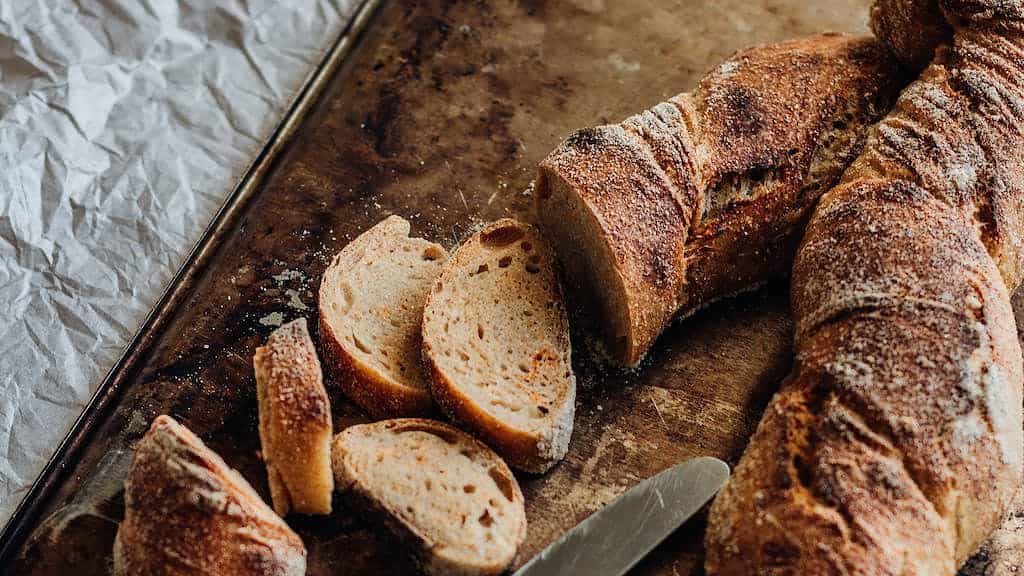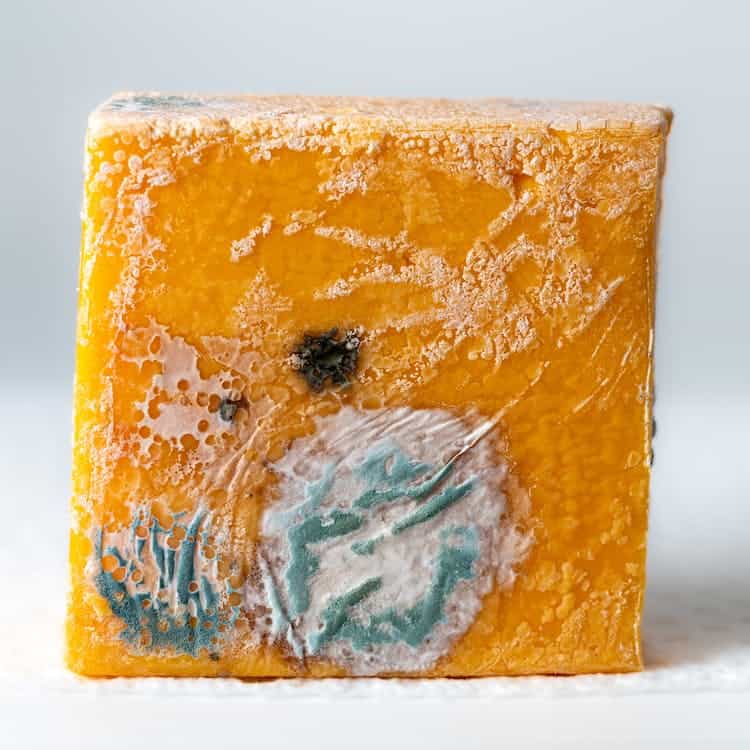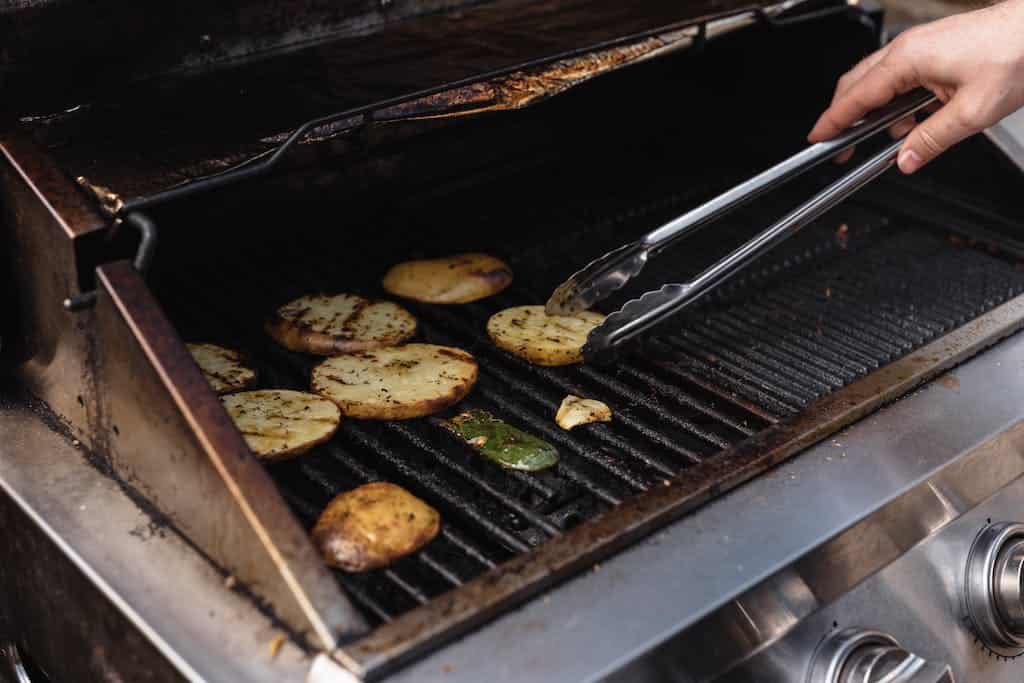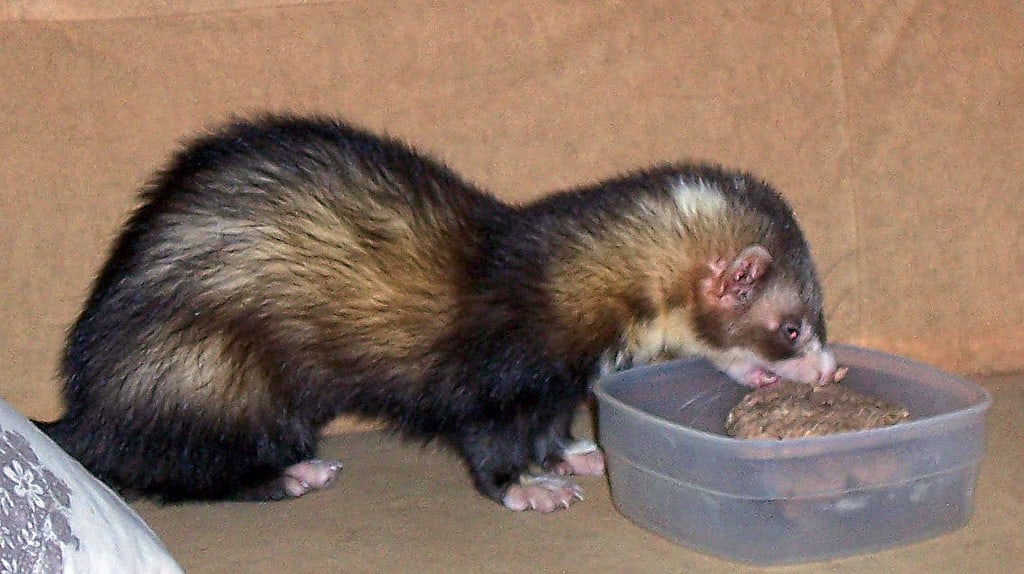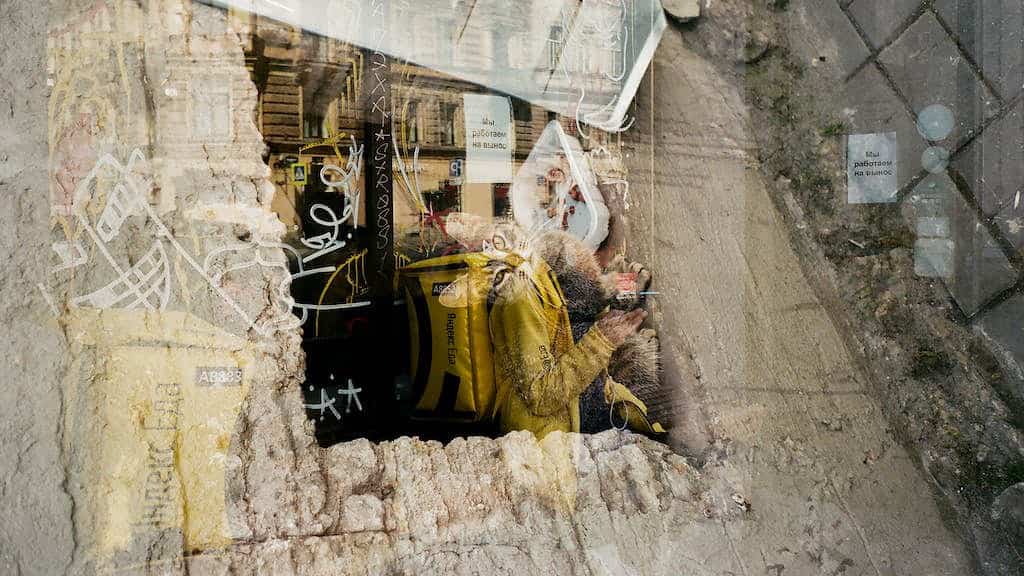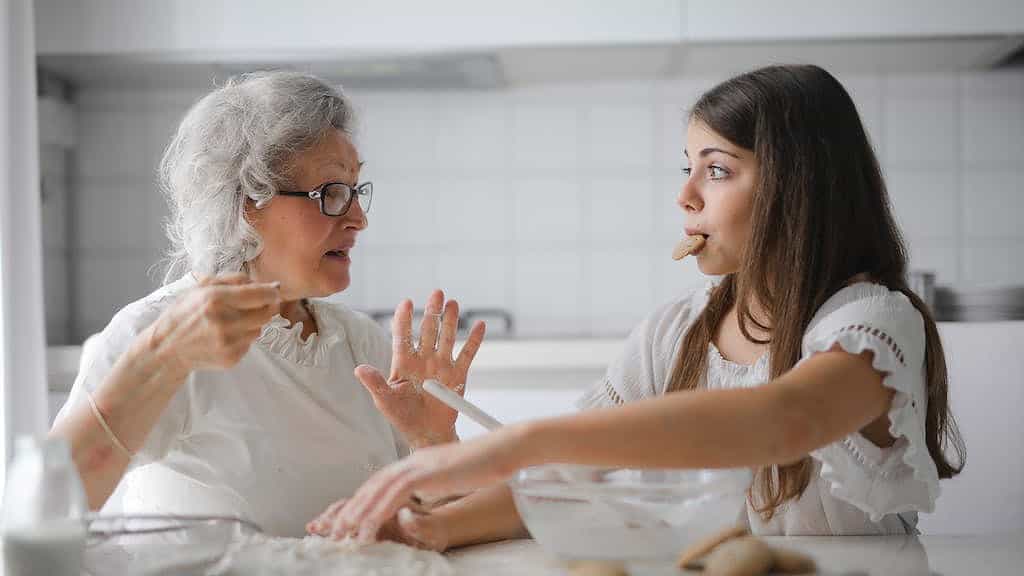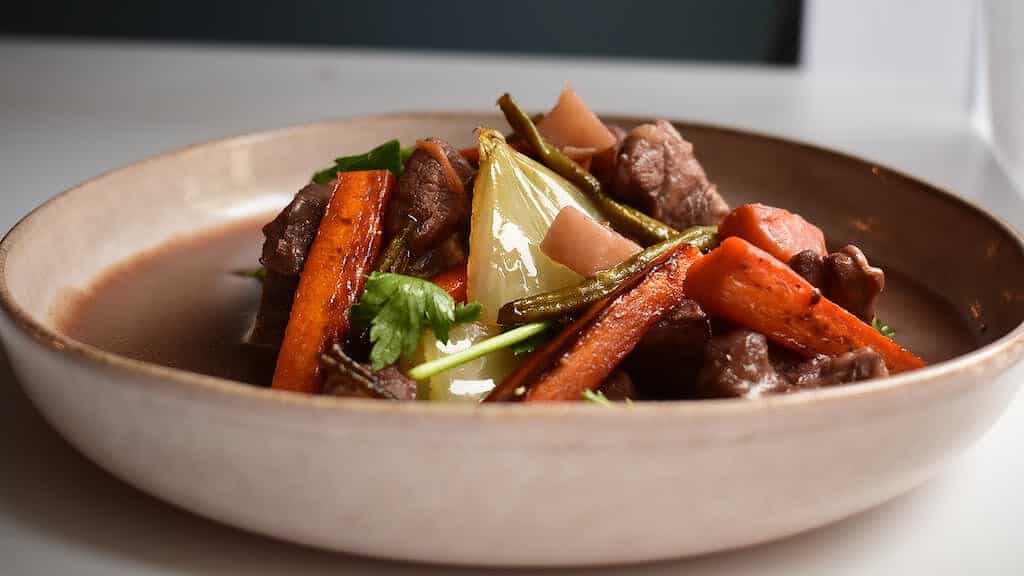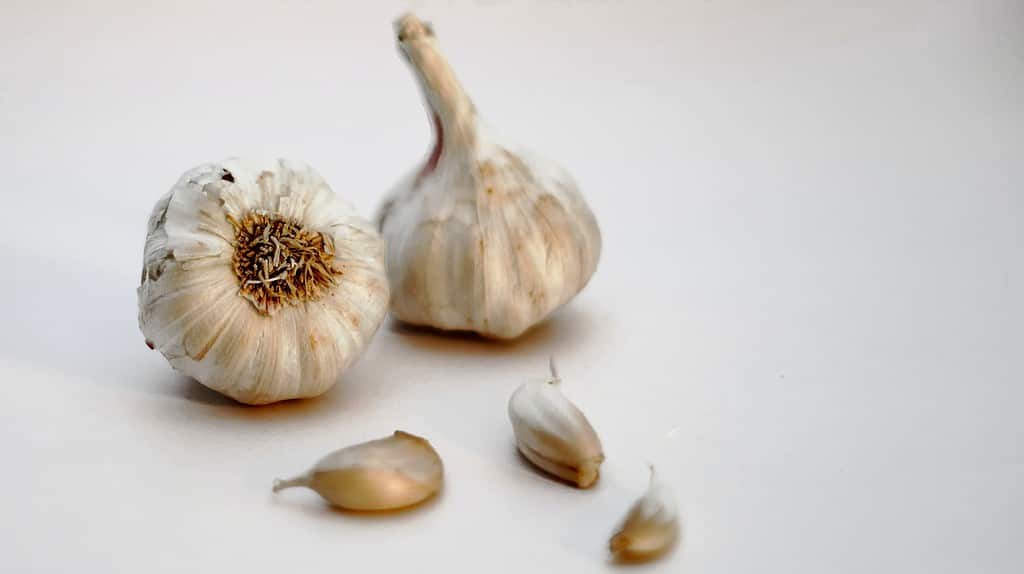Key Takeaways
- Dogs should not eat burnt food as it can be harmful to their health.
- Burnt food may contain toxic compounds that can cause digestive problems in dogs.
- Consuming burnt food can lead to inflammation and irritation in a dog’s gastrointestinal tract.
- The charred pieces of burnt food can pose a choking hazard to dogs.
- Burnt food lacks essential nutrients and may have reduced palatability for dogs.
- Excessive ingestion of burnt food can result in vomiting, diarrhea, and other symptoms of gastrointestinal distress.
- It is important to prevent dogs from accessing burnt food and dispose of it properly.
- Maintaining a balanced and nutritious diet is crucial for a dog’s overall well-being.
- In case a dog accidentally consumes burnt food, monitoring their behavior and seeking veterinary advice may be necessary.
Summary
Can dogs eat burnt food? No, dogs should not consume burnt food due to the potential health risks it poses. However, it is crucial to read the rest of the article to understand why burnt food can be harmful to dogs and the specific dangers it may present to their well-being.

1. The Dangers of Burnt Food for Dogs
Burnt food can pose potential dangers to dogs if consumed in large quantities. When food is burnt, it can release harmful compounds such as acrylamide, which is known to be toxic to both humans and animals. Excessive consumption of burnt food can lead to digestive issues, vomiting, diarrhea, and even long-term health problems.
It is important to note that occasional ingestion of small amounts of burnt food may not cause immediate harm to a dog. However, it is always best to prevent dogs from eating burnt food to avoid any potential risks to their health.
2. Toxic Substances in Burnt Food
When food is burned, various harmful substances can be produced. For example, burnt meats can contain heterocyclic amines (HCAs) and polycyclic aromatic hydrocarbons (PAHs), which are known to be carcinogenic. These compounds can increase the risk of developing cancer in both humans and dogs.
Additionally, burnt foods can also contain charred particles that may pose a choking hazard to dogs. These particles can get trapped in the dog’s throat or digestive tract, causing discomfort and potential blockages.
3. Symptoms of Burnt Food Consumption
If your dog accidentally ingests a small amount of burnt food, they may display symptoms such as nausea, vomiting, and a decreased appetite. In some cases, dogs may also experience abdominal pain or difficulty defecating due to the impact of burnt food on their digestive system.
If you suspect your dog has consumed a significant amount of burnt food or is showing severe symptoms, it is important to contact your veterinarian for proper guidance and evaluation of the situation.
4. Prevention Measures for Burnt Food Consumption
Preventing dogs from accessing burnt food is crucial to safeguard their health. Always supervise them while cooking, ensuring they are far away from the stove or grill to avoid accidental ingestion of burnt food.
It is also essential to dispose of burnt food properly, making sure it is out of reach for dogs. Consider using covered trash cans or placing the food waste in secure containers to prevent any potential access by curious pets.
5. Suitable Food Options for Dogs
Instead of offering burnt food to your dog, provide them with a well-balanced diet consisting of appropriate dog-friendly foods. Consult with your veterinarian for reliable nutritional guidelines and recommendations regarding suitable food options for your pet.
Remember to prioritize fresh ingredients and avoid feeding them cooked food that has been burnt or excessively charred, as it may compromise their well-being.
6. Seeking Veterinary Advice
If you have concerns about your dog’s diet or suspect they have consumed a significant amount of burnt food, it is always best to seek professional advice from a veterinarian. They can provide personalized guidance based on your dog’s specific needs and health condition, ensuring their overall well-being and safety.
Recipes and Alternatives to burnt food for dogs
Dogs should not eat burnt food as it can be harmful to their health. Burnt food can contain carcinogens and toxins that can cause digestive issues and other health problems in dogs. It is important to provide them with safe and healthy alternatives. Here are some alternative foods that are safe and nutritious for dogs:
- Lean meats such as chicken, turkey, and beef
- Fruits like apples, bananas, and blueberries
- Vegetables such as carrots, green beans, and sweet potatoes
- Plain cooked rice or pasta
- Plain yogurt or cottage cheese
Can Dogs Eat Burnt Food FAQ
1. Is it safe for dogs to eat burnt food?
While it is generally not recommended to feed dogs burnt food regularly, small amounts are not usually harmful. However, serving large quantities of charred or burnt food can pose health risks to your furry friend.
2. Why should dogs avoid eating burnt food?
Burnt food contains compounds that can be potentially toxic to dogs. The process of burning food can release harmful substances such as acrylamide and advanced glycation end products (AGEs) which can have negative effects on dogs’ health.
3. What are some potential health risks associated with dogs consuming burnt food?
Feeding dogs burnt food on a regular basis may lead to health issues such as:
- Gastrointestinal problems: Consuming burnt food can irritate a dog’s digestive system, leading to issues like diarrhea, vomiting, or gastrointestinal inflammation.
- Toxicity: Some burnt foods, especially those with ingredients like onions, garlic, or chocolate, can be toxic to dogs even in small amounts. It’s crucial to keep these foods away from your pet.
- Cancer risk: Studies have suggested that the intake of acrylamide, a chemical produced when food is burnt, may be associated with an increased risk of cancer in both humans and animals.
- Teeth and gum issues: Burnt food can be abrasive, potentially causing damage to a dog’s teeth and gums over time.
4. Can a small amount of burnt food be given to dogs occasionally?
A small taste of burnt food is unlikely to seriously harm your dog, but it’s important to remember that it isn’t part of a balanced canine diet. It’s best to avoid regularly offering burnt food to your furry companion to prevent potential health issues.
5. What should I do if my dog accidentally eats burnt food?
If your dog consumes a small amount of burnt food unexpectedly, monitor them for any signs of gastrointestinal distress. If they experience vomiting, diarrhea, or seem unusually lethargic, contact your veterinarian for further guidance.
6. What are some healthy alternatives to burnt food for dogs?
Rather than offering burnt food to your dog, consider these healthier options:
- Plain cooked meats: Unseasoned meats, such as boiled chicken or lean beef, are a great source of protein for dogs and can be offered in moderation.
- Fruits and vegetables: Many dogs enjoy pieces of fresh fruits or vegetables as treats. Just ensure that the ones you choose are safe for dogs. Examples include carrots, green beans, and apples (without seeds or cores).
- Commercial dog treats: There are various commercially available treats formulated specifically for dogs, which are a safe and convenient option.
FAQ Overview
While small amounts of burnt food are generally not harmful to dogs, it’s essential to avoid regularly feeding them charred or burnt food. If you have concerns about your dog’s diet or their consumption of burnt food, consult your veterinarian for professional advice.
Conclusion
In conclusion, while dogs can technically eat burnt food, it is not recommended. Burnt food contains harmful chemicals and carcinogens that can be detrimental to your dog’s health. Consuming burnt food regularly can lead to digestive issues, stomach upset, and may even increase the risk of certain diseases, such as cancer. Therefore, it is best to avoid feeding your dog burnt food and opt for healthy, properly cooked meals that meet their nutritional needs. As a responsible pet owner, always prioritize your dog’s well-being and provide them with high-quality food that is safe for consumption.
📚 Sources:
